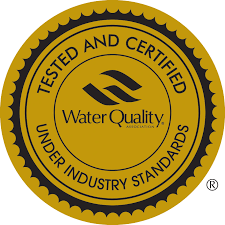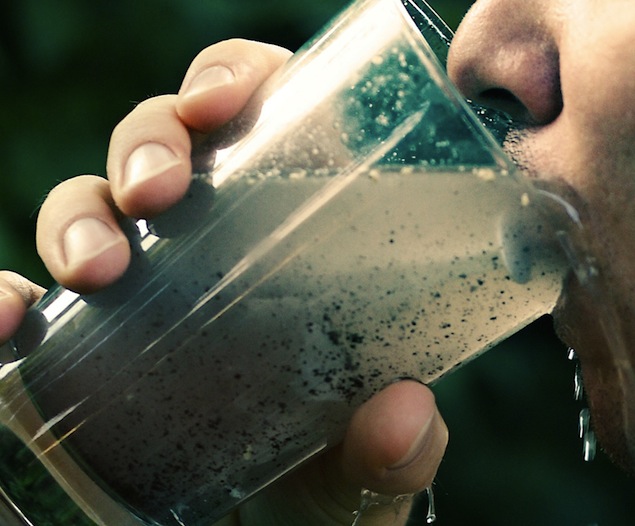Move over tap water, you’ve got competition. But are these alternatives worth all the extra dollars?
Coconut Water
What started as a craze in 2014, coconut water has progressively been considered the most popular alternative to regular drinking water. If you haven’t already done your research, here is why it’s so popular:
Pure coconut water is supposed to be a natural beverage with no artificial additives or sweeteners (always read your bottles carefully!). It is cholesterol free and 99% fat free with low carbohydrates. It boasts zinc, selenium, iodine, manganese, and B-group vitamins. Coconut water is also extremely hydrating dubbing it the ‘ultimate hangover cure’. Coconuts contain a large amount of potassium as well – about as much as eating a whole banana. Making it a good alternative if you’re lacking in the K department.
Birch Tree Water
This drink is already being consumed in Europe and Russia and is slowly making its way west. Similar to coconut water, birch tree water is very hydrating. The difference is that it has been shown to control blood cholesterol levels because it contains the key ingredient: Saponin.
Unfortunately birch tree water can only be harvested in the springtime by driving taps into the trees, its shelf life is only a few days unless pasteurized.
Watermelon Water
Described as ‘summer in your mouth’, watermelon water is new to shelves around North America. The major health benefit to this drink is the amount of potassium it packs. Even more than coconut water with 740mg. Potassium is vital for you heart and kidneys and again can always help that headache from a night out on the town. Watermelon water also contains your daily doses of vitamin A and C, which are vital for a healthy immune system.
Now that I have your mouth watering (pun intended!), time to pull you back to reality. What is the one thing these waters all have in common? Lack of scientific studies to back up their claims.
Even coconut water, which has been around the longest, has not been on the market long enough for science to prove all of its health claims. Sure these products might cure cancer or aid in eyesight or cleanse your liver but we won’t know the exact truth until they’ve been used for longer periods of time. I agree that they are healthier alternatives to sports drinks (which contain way too much sugar) but maybe it’s just as beneficial to remain drinking plain tap water? Not to mention, it won’t break your bank.
What are your thoughts on these upcoming trends? Marketing gimmicks or positive health choices?
-K






















Add comment